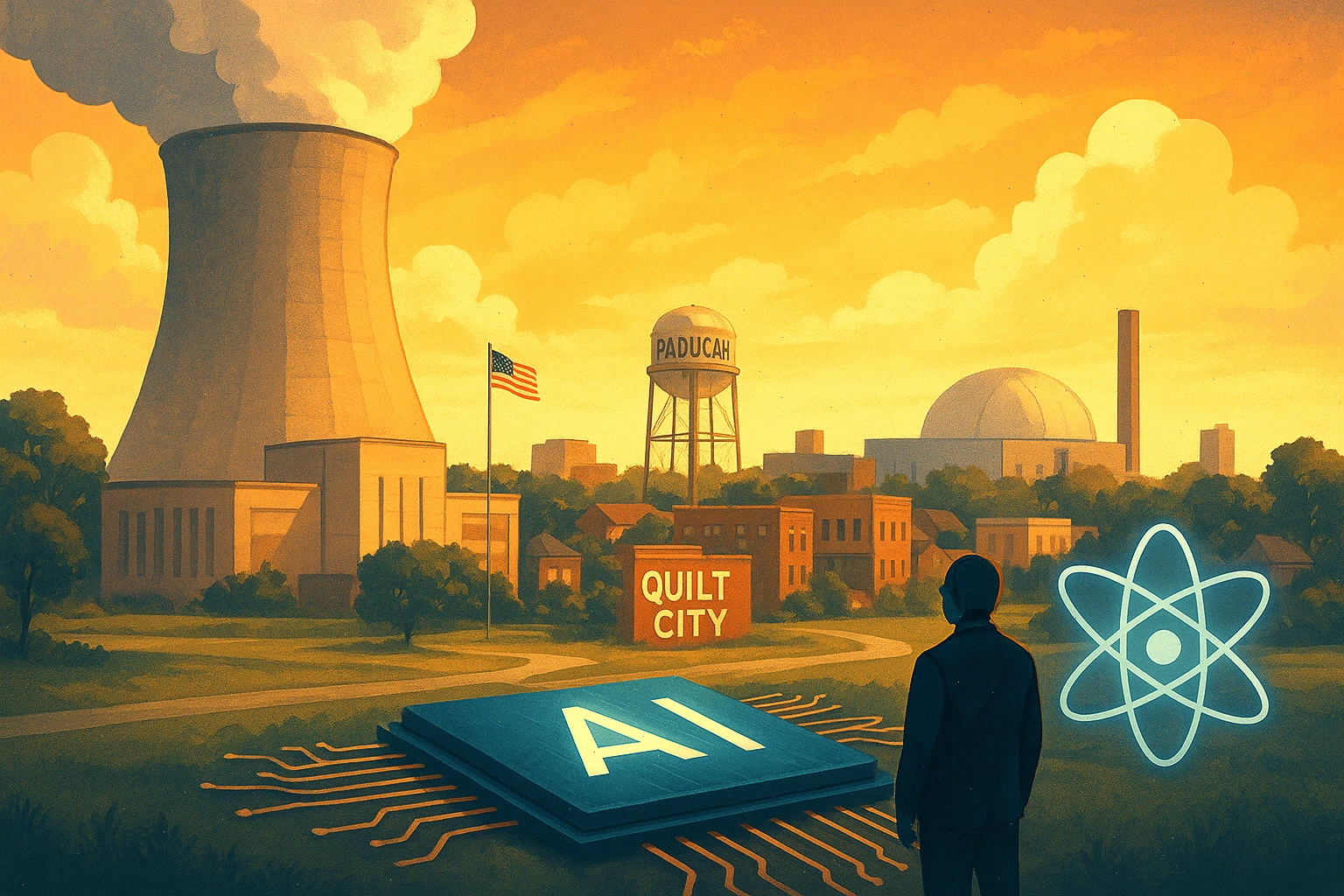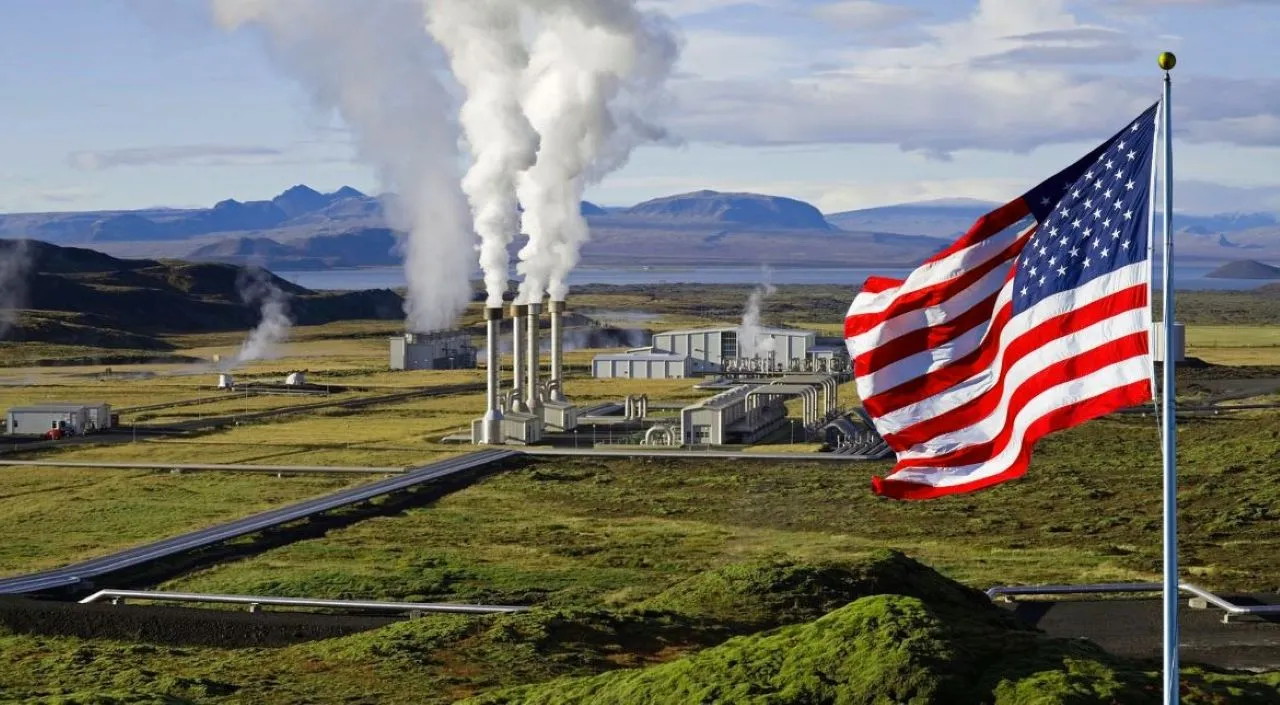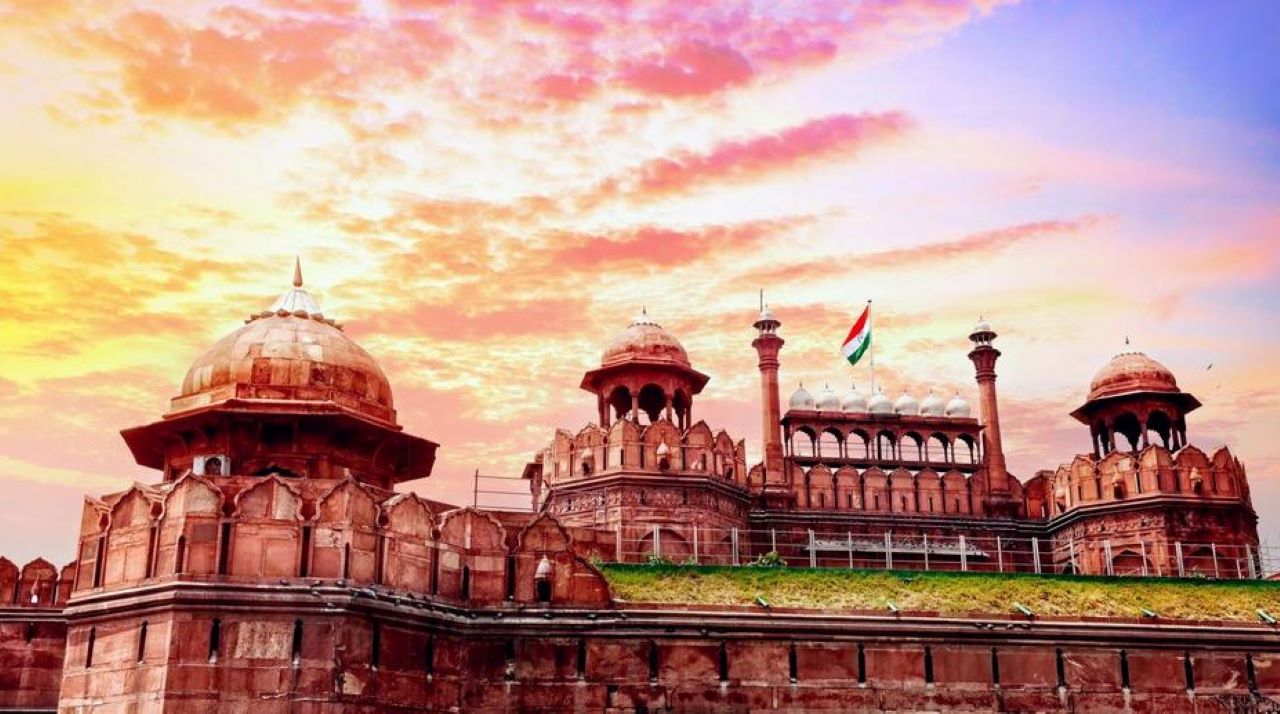Paducah, Kentucky, known as “Quilt City” with 27,000 residents, was once called “Atomic City.” Its nuclear legacy may return due to AI’s growing energy demands. The uranium enrichment plant, which operated for over 60 years, closed in 2013. Recently, a Peter Thiel-backed startup plans to reopen it. The Trump administration also selected Paducah as a site for AI data centers and energy projects.
Big Tech Wants Nuclear Energy For AI
Tech giants, hungry for power to run AI, want to revive nuclear energy. This fits the Trump administration’s plan to reshape the US power grid, focusing on nuclear instead of renewables. General Matter, led by former SpaceX engineer Scott Nolan and backed by Thiel, aims to build the nation’s first privately owned uranium enrichment facility at Paducah. They plan to start producing nuclear fuel by the decade’s end, though technology details remain unclear.
Growing Demand For Uranium Enrichment
Uranium enrichment is just one step in the nuclear fuel chain. After a decline caused by cheaper gas, companies like Microsoft and Meta are reviving old reactors and supporting new, smaller advanced reactors. This boosts demand for enriched uranium. Another company, Global Laser Enrichment (GLE), is developing laser enrichment technology nearby. Due to sanctions on Russia, which currently dominates high-assay low-enriched uranium (HALEU) production, the US is pushing to build its own capacity.
Politics And Environmental Concerns
Both Biden and Trump administrations support nuclear energy but for different reasons: climate goals versus powering AI. Rapid construction under Trump, with weakened environmental oversight, raises safety concerns. The Paducah plant is a Superfund site needing cleanup, highlighting challenges in bringing nuclear power back to small towns amid environmental and waste issues.
Paducah’s Future Prospects
Despite risks, General Matter’s $1.5 billion project promises 140 new jobs. Local leaders are optimistic about Paducah’s role in America’s nuclear and AI future. Senator Danny Carroll calls Paducah “the center of America’s nuclear future” once again.



